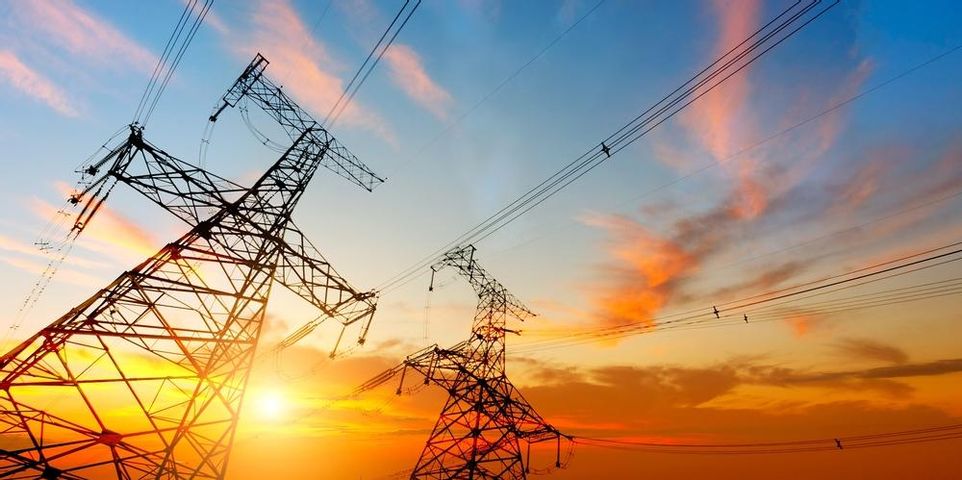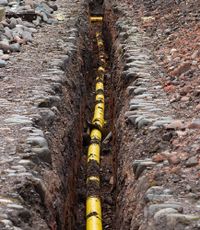Should Your Construction Project Use Above- or Below-Ground Utilities?

A challenge for any construction project is installing the utility connections, and you can place them above or below the ground. Although you might think that it always makes more sense to bury the lines, each type of setup has advantages and drawbacks. To help you find a solution, this guide will discuss the differences between each method.
Below-Ground Utilities
 The cost of installing underground utilities includes digging trenches, encasing wires in conduit, and replacing the soil. This process can be up to five times more expensive than installing above-ground wires. Depending on how far your building is located from a power junction, it can cost $1 million per mile for the installation. However, with underground cables, there isn’t a danger of electrocution from blown-down wires and no chance that high winds will cause a power outage. On the other hand, if something should go wrong below-ground, the cost to repair it could be significant.
The cost of installing underground utilities includes digging trenches, encasing wires in conduit, and replacing the soil. This process can be up to five times more expensive than installing above-ground wires. Depending on how far your building is located from a power junction, it can cost $1 million per mile for the installation. However, with underground cables, there isn’t a danger of electrocution from blown-down wires and no chance that high winds will cause a power outage. On the other hand, if something should go wrong below-ground, the cost to repair it could be significant.
Above-Ground Utilities
The primary disadvantage of above-ground electrical utilities is that wires are much more vulnerable to windstorms. This results in an increase in liability and the chance of electrical outages. However, the initial investment only requires erecting poles. You’ll need to establish one pole every 125 feet in urban centers and one for every 300 feet in rural areas. This is significantly cheaper than trenching and could dictate the difference between approval and denial of the construction project. Additionally, maintenance of broken or downed wires can be completed promptly and easily without the need for an excavation crew.
If you need help deciding between above- and below-ground utilities for your construction project, contact the team at Rojac Construction in Wailuku, HI. For over 40 years, this locally owned company has provided Maui businesses with general contracting services, such as electrical wiring and groundwork grading. In addition to construction work, they also specialize in civil engineering, demolition, and excavation. Visit their website to learn about their extensive community involvement, or call (808) 986-1105 to schedule a consultation.
About the Business
Have a question? Ask the experts!
Send your question

